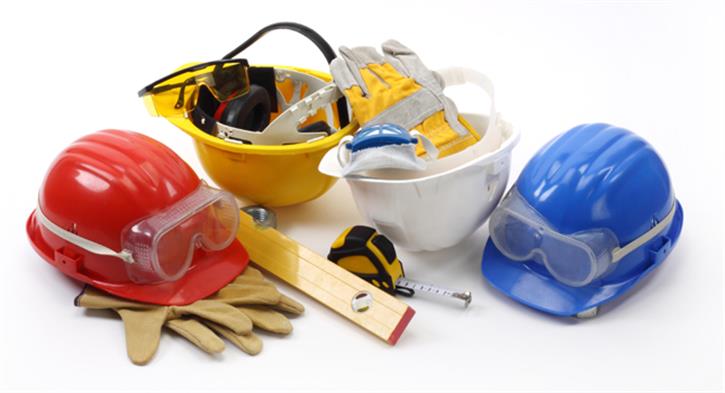

Lucie Simpson outlines the dangers of not having proper health and safety procedures in place.
Health and safety regulations are mandatory for every business the UK and non-compliance with these rules can lead to heavy fines, or even prison sentences.
There is a high level of responsibility placed on the employer to prevent injuries and diseases in the work place.
The Health and Safety Executive (HSE) takes this subject very seriously, with 94% of prosecutions resulting in convictions between 2009 and 2014.
During 2014/2015 there were 380 cases of general health and safety convictions, totalling just over £13 million. Cases are primarily prosecuted by the HSE, but they can also be carried out by local authority.
The maximum fines a court can grant varies greatly depending on the crime and which sector it occurs in. For example, the Utility industry received the lowest number of convictions - 22 - but the highest cost of fine – averaging £56,629 per claim. This is similar to convictions concerning explosions: although just one was recorded in the last year, the fine was over £200,000!
The Gas Sector
In the domestic gas and electricity industry there was 1 fatal injury, 90 major injuries, 173 over 7-day injuries recorded in 2013/2014. Such a high frequency of accidents indicates that companies are perhaps neglecting health and safety procedures.
This industry faces large issues when it comes to the high number of convictions they received in 2013/2014. Despite convictions reaching 163 in one year, the average cost was only £919.
Health and safety expert Bryan Richards explains that, ‘if the gas safety prosecutions concern faults in gas systems that could cause potential harm (but no none has been injured), the fine will be much less. However, if the gas safety fault resulted in a serious injury or fatality, the fine would be high.’
The most common cause of a gas conviction is the result of an unqualified fitter. A company director from Dudley has recently been sentenced for carrying out illegal gas work on a property putting the lives of the owners at risk. Investigation by the Health & Safety Executive (HSE) found he had carried out work on gas appliances when neither he nor his company were registered as Gas Safe. After pleading guilty he was fined £1,200 and ordered to pay costs of £858 and a £120 victim.
However, safety standards are also broken by companies that employ qualified fitters. A Stockport heating engineering firm was sentenced after two of its engineers were exposed to asbestos while working at a Manchester School.
HSE inspector Kevin Jones said: “In this case, Flueclean Installations Services Limited failed to carry out a suitable and sufficient risk assessment which if they had would have clearly identified that the work should have been carried out by a licensed asbestos contractor. As a result of this failing, two of their operatives were exposed to asbestos.”
This case demonstrates the necessity for companies to have proper health and safety procedures in place. Heating engineers should ensure their employer conveys a risk assessment before taking on a contract.
Benefits of H&S
Keeping your company safe not only improves employee satisfaction, but reflects well on the overall reputation of the business. Having these safety measures in place protects a company if a lawsuit arises, but it also has lot of other short-term and long-term benefits:
Having a complete health and safety scheme takes time. It is often necessary to hire a professional consultant to make sure that the working environment is safe. However, conducting a risk assessment, holding regular training sessions for staff and having the appropriate signage are all vital tasks that can be carried out independently. It is also important to document any accidents that happen in the workplace, as this helps to identify if there are any patterns and areas that need further safety precautions.
Safety is key to having a successful business. It should rank as highly as customer service, inventory control, and financial planning. Implementing safety procedures should not be an after-thought; a commitment to health and safety makes a lot of sense, as it’s the only way to protect your most useful resource — your employees.
Lucie Simpson is health and safety reporter working on behalf of Arinite.
If you'd like to keep up-to-date with the latest developments in the heating and plumbing industry, why not subscribe to our weekly newsletters? Just click the button below and you can ensure all the latest industry news and new product information lands in your inbox every week.